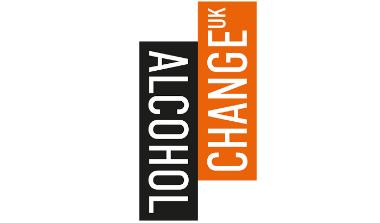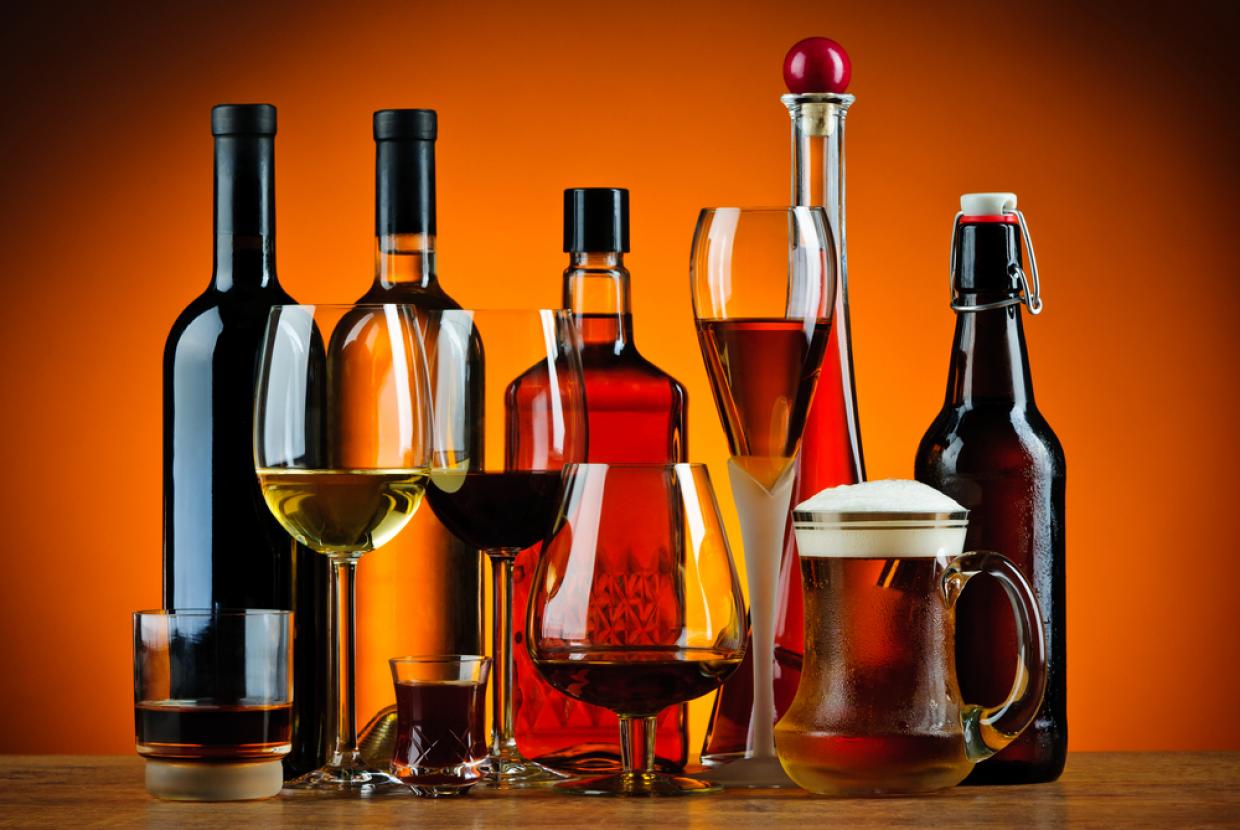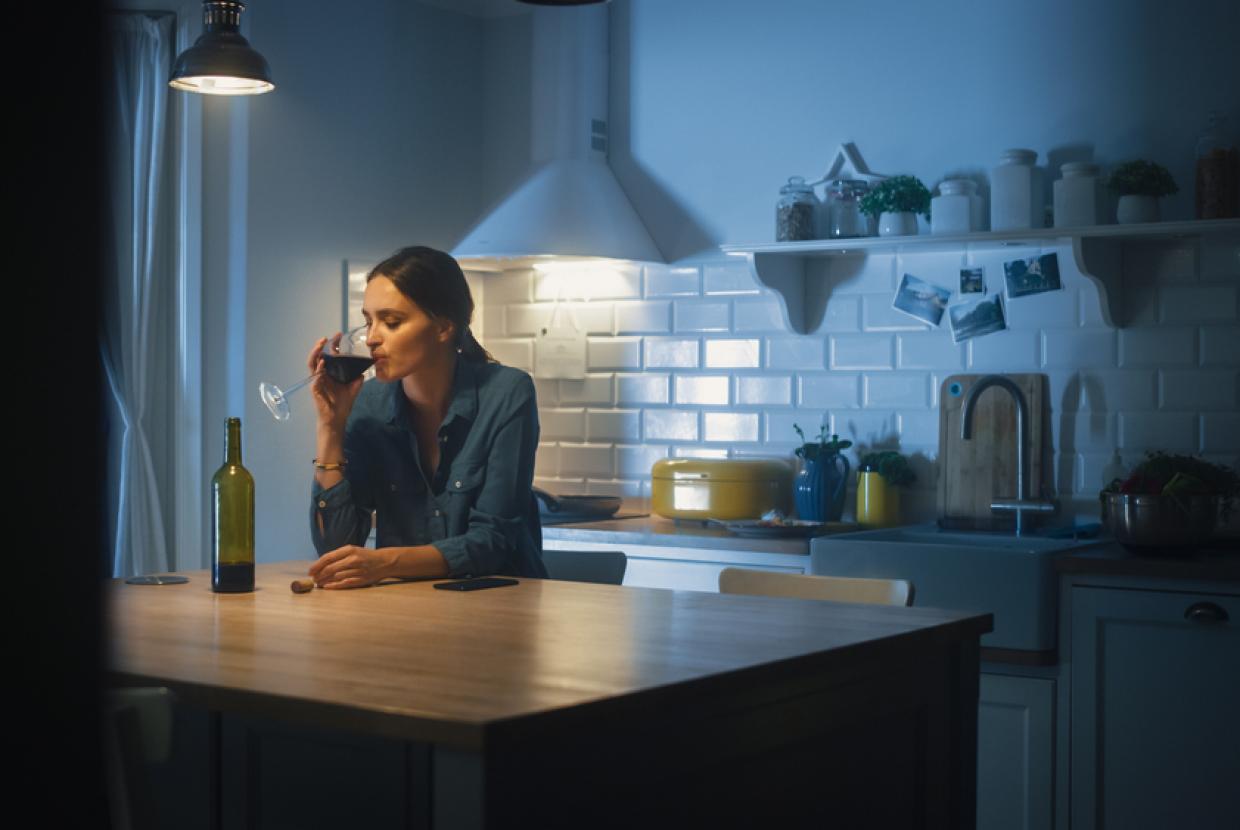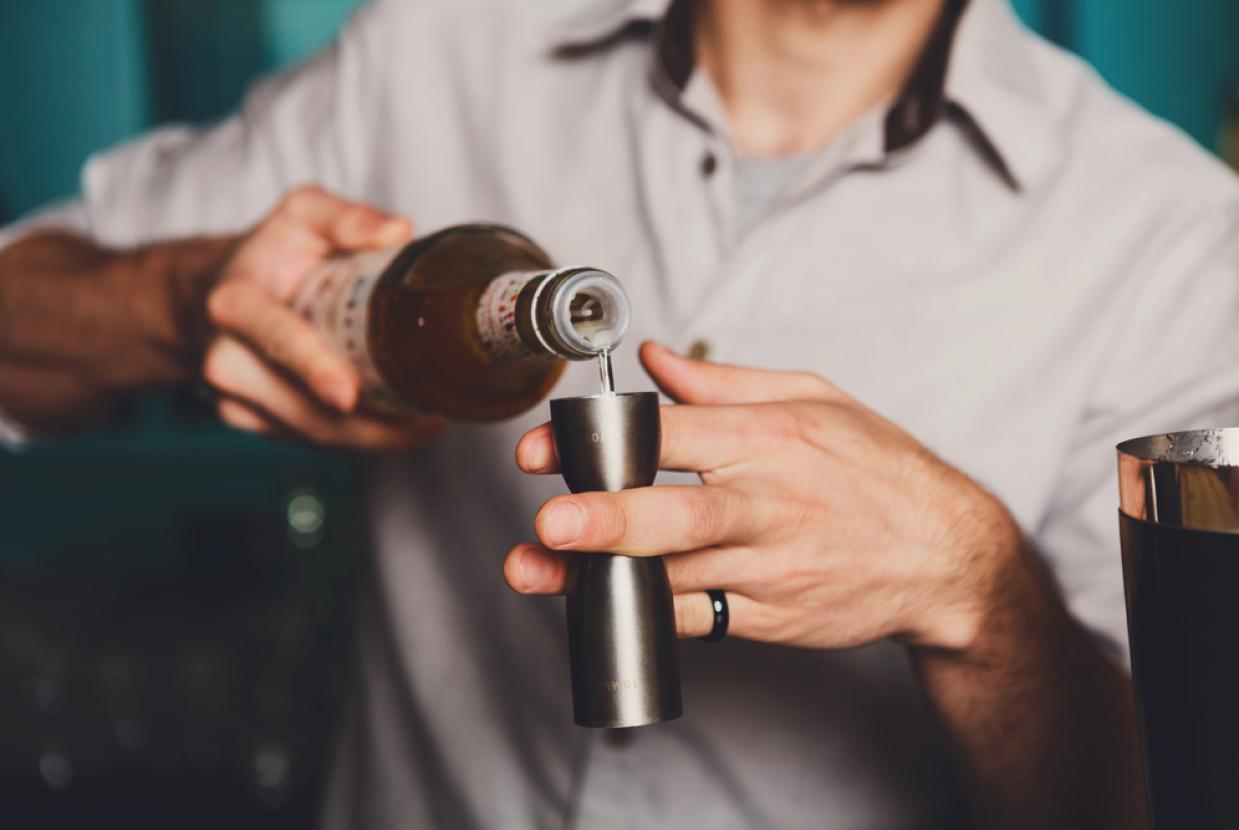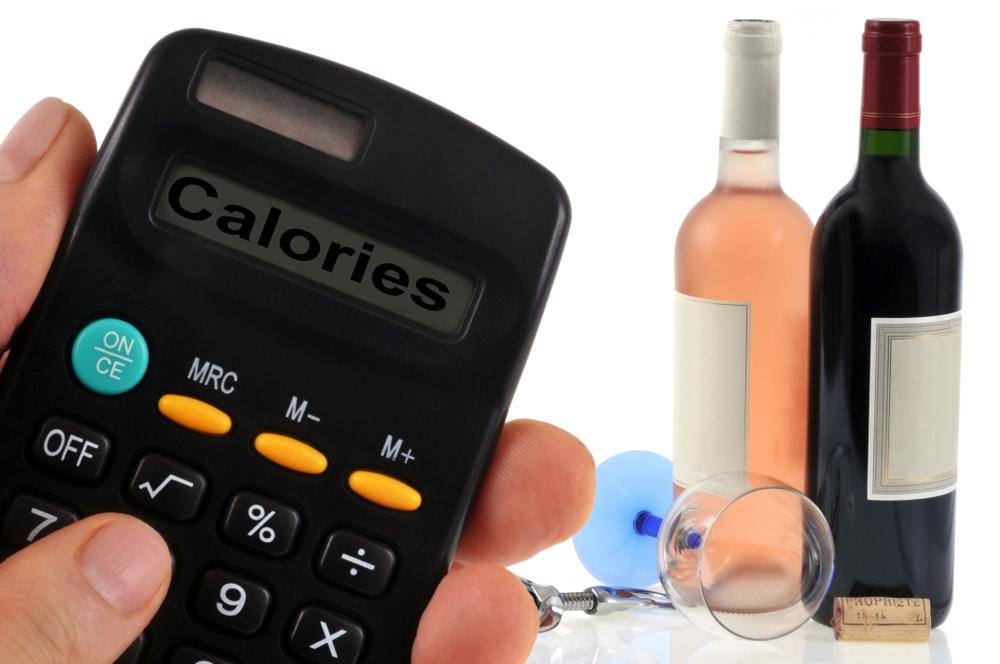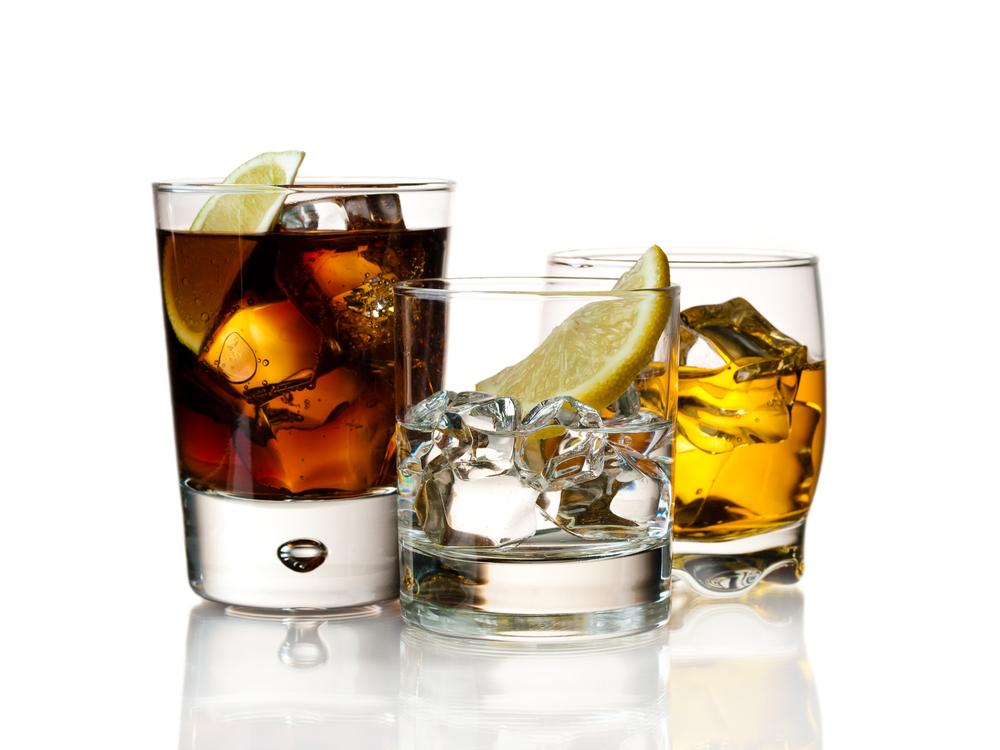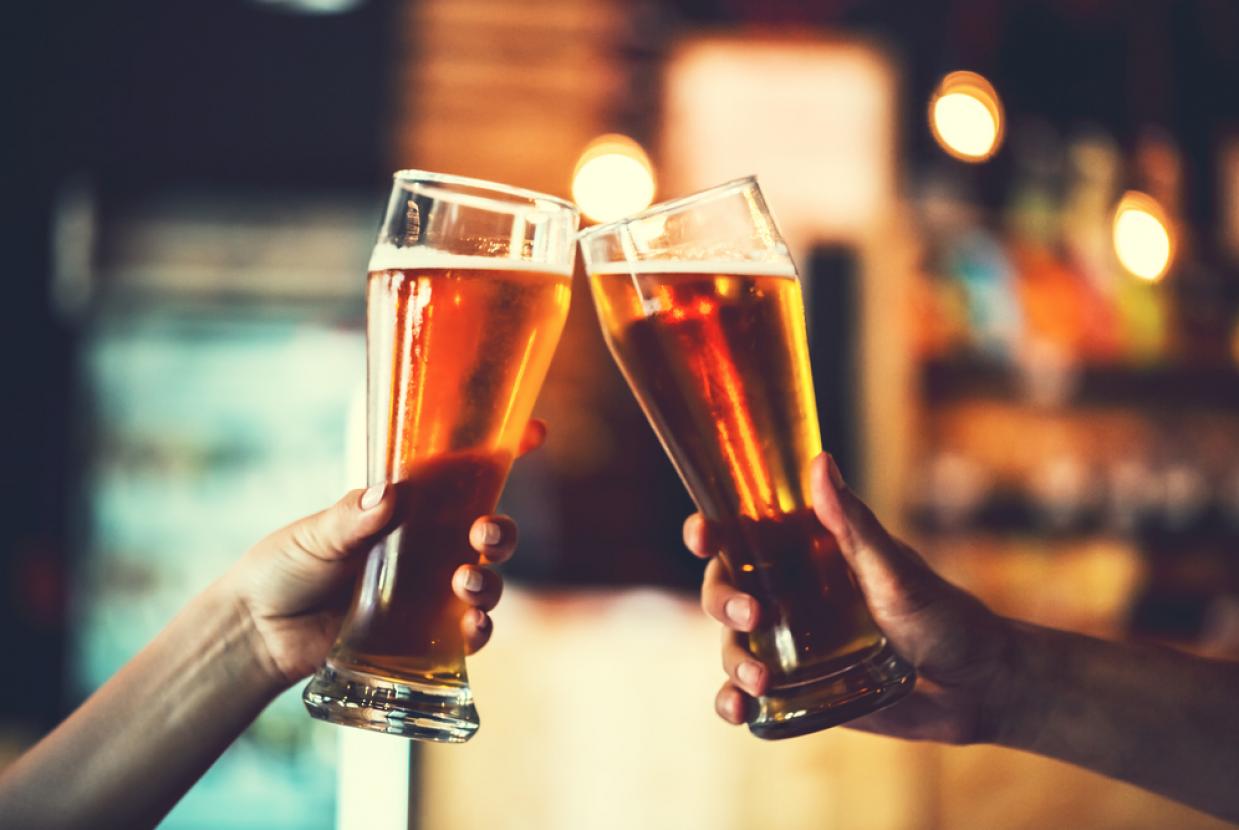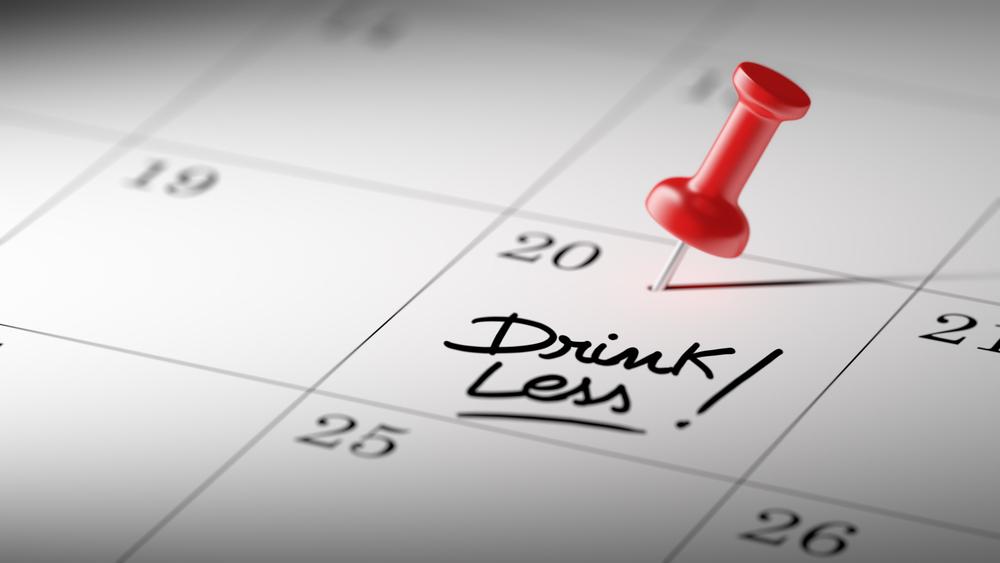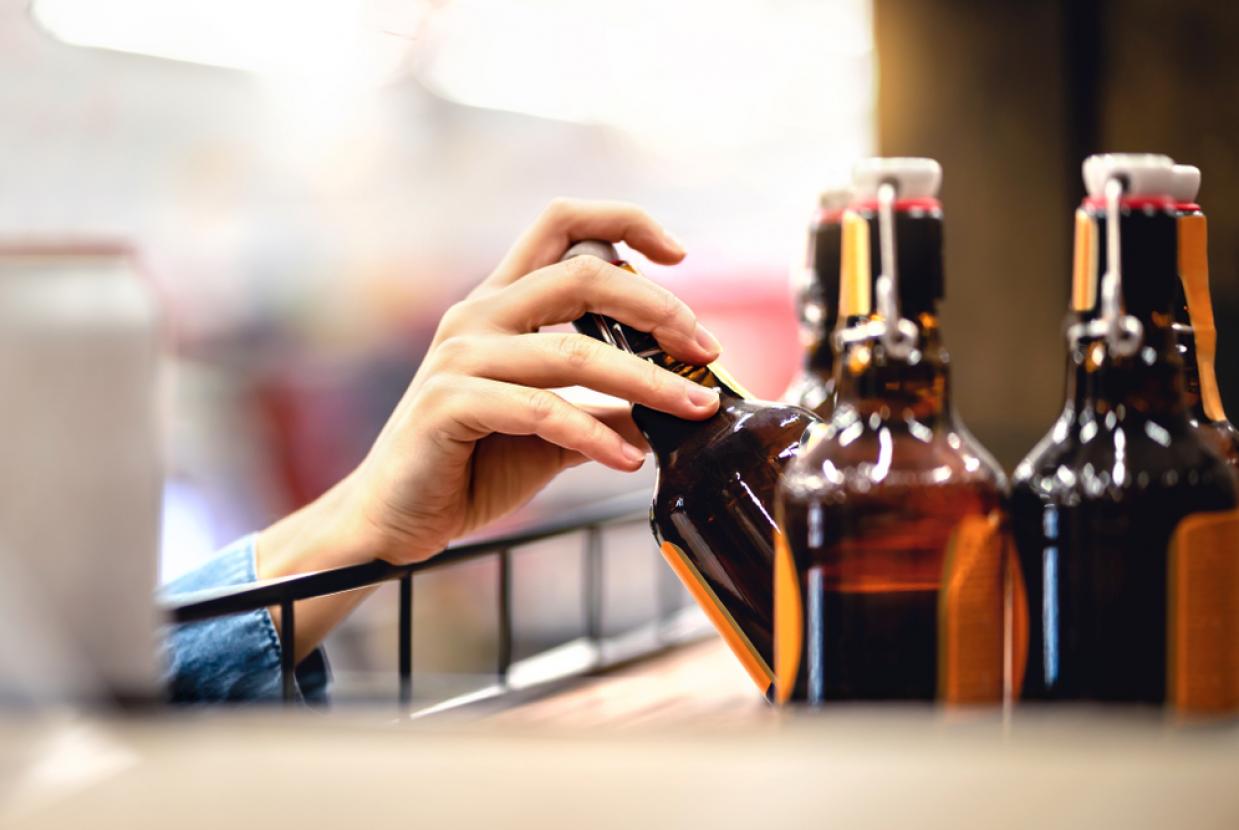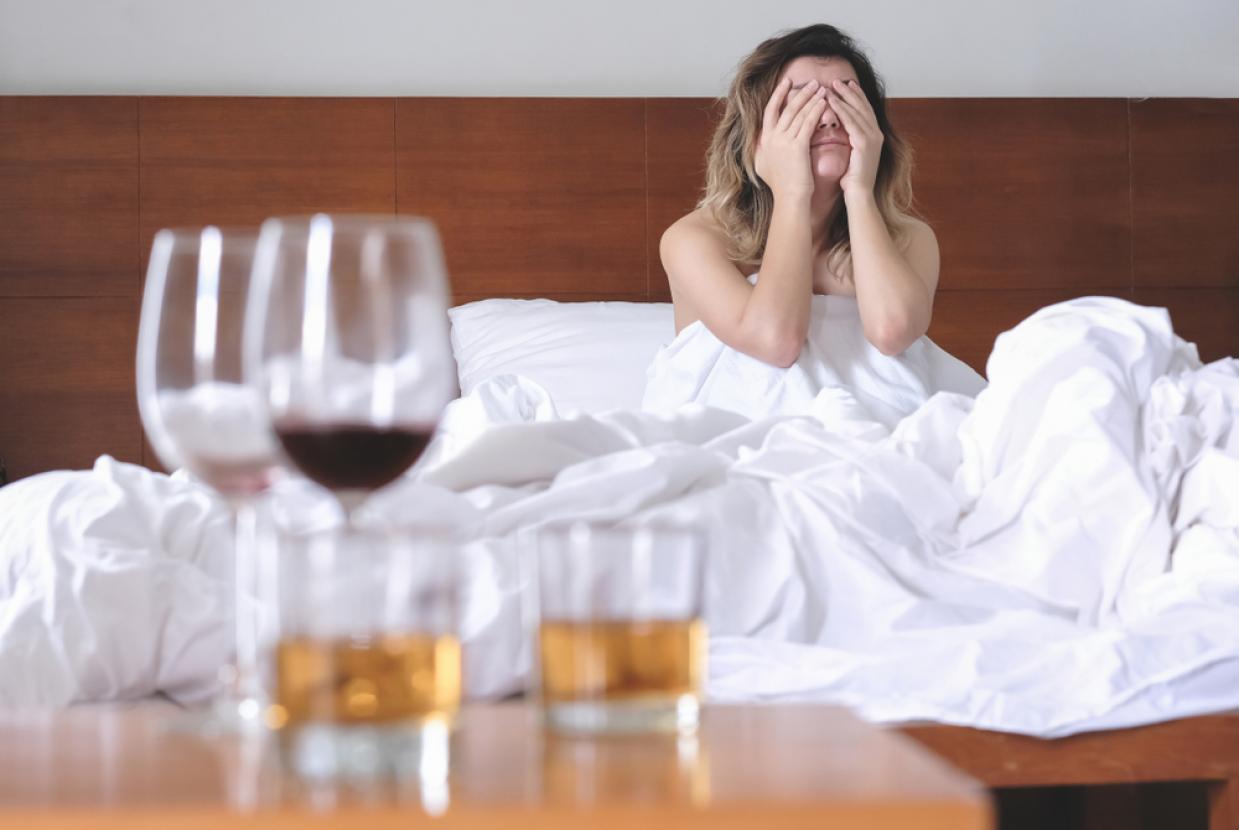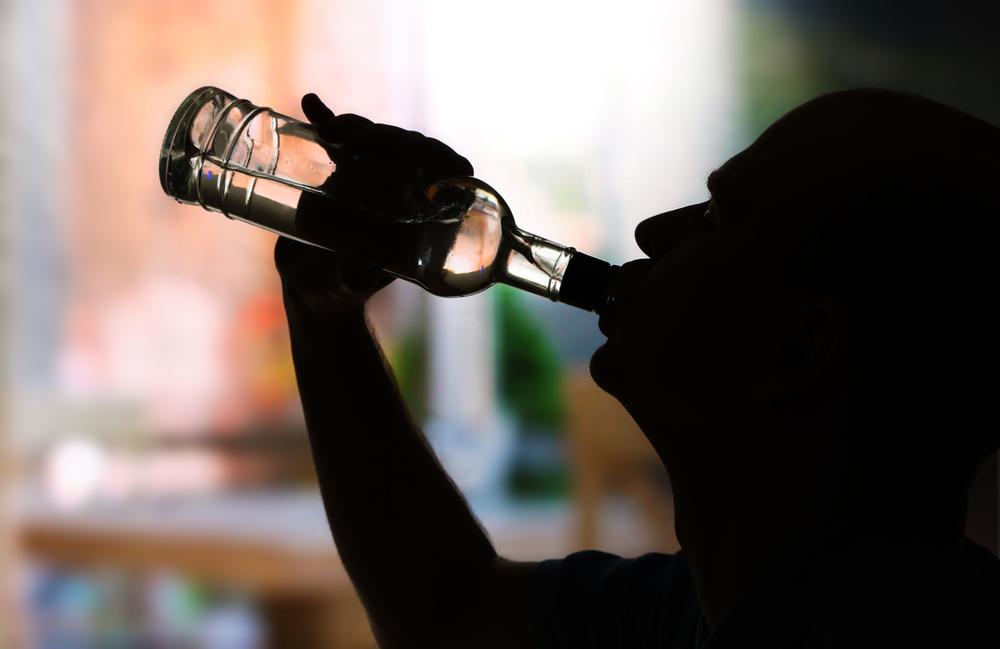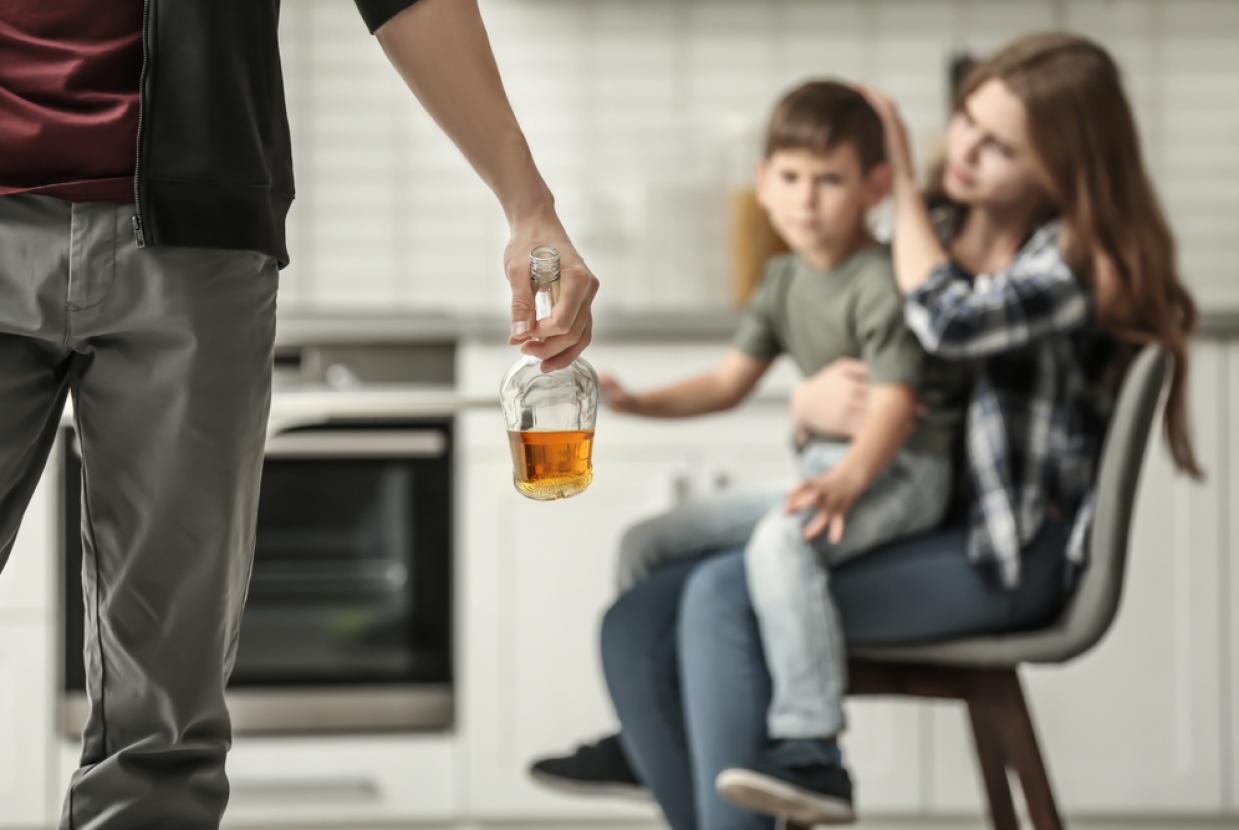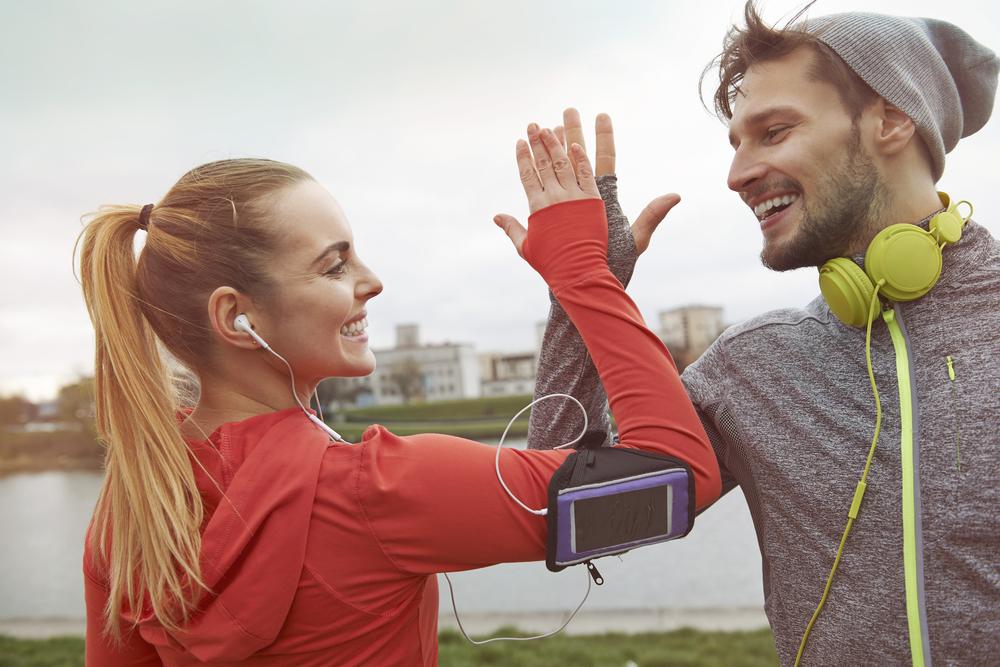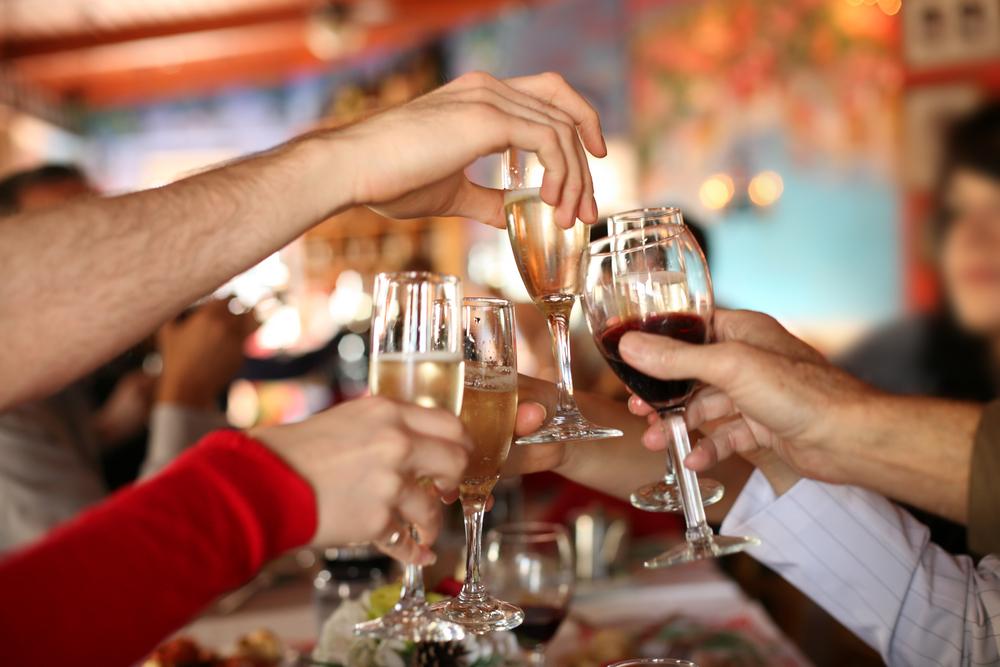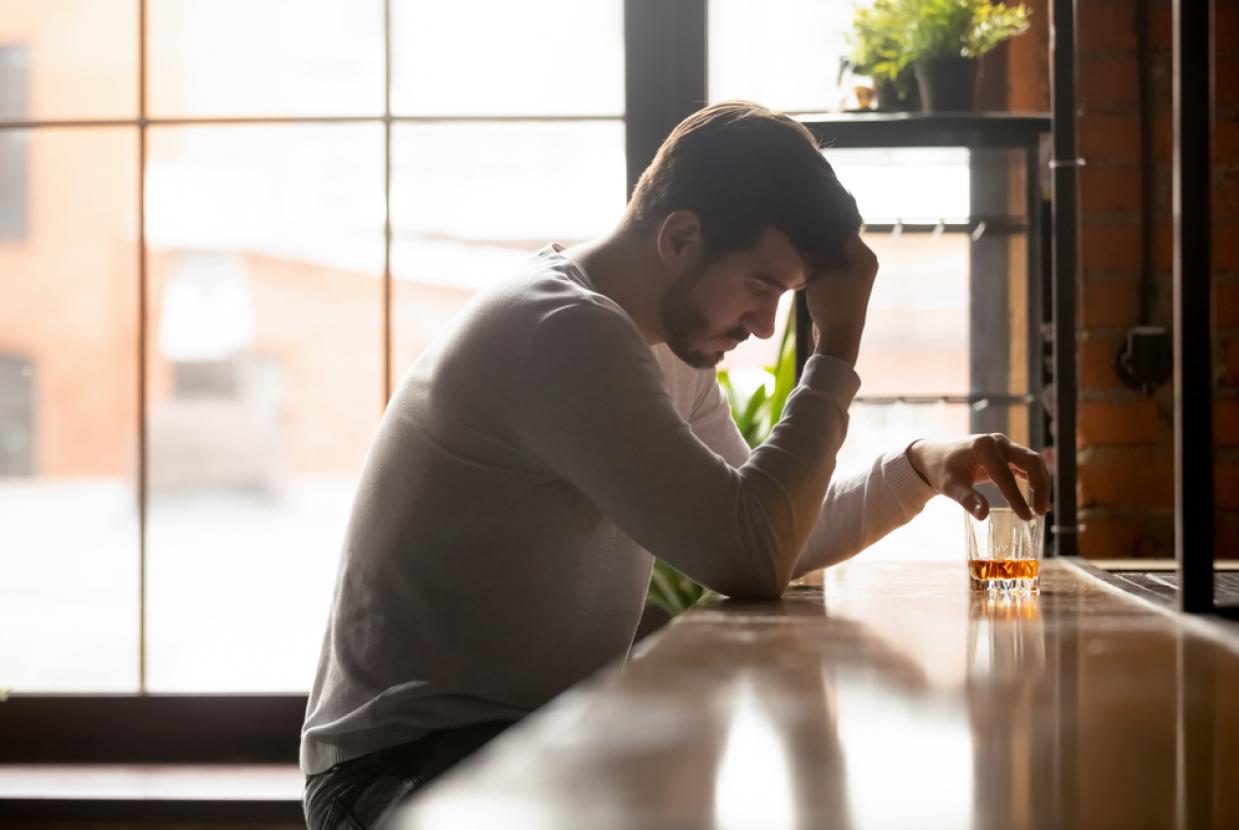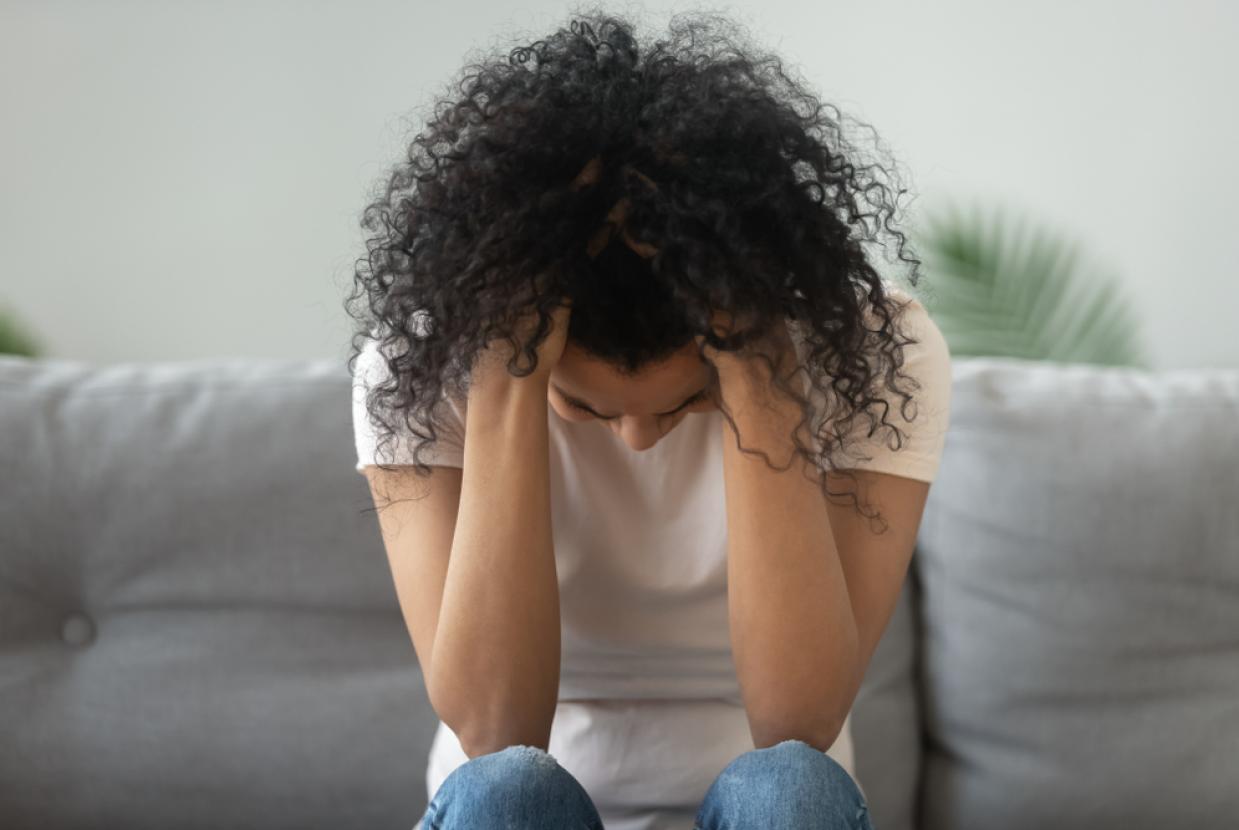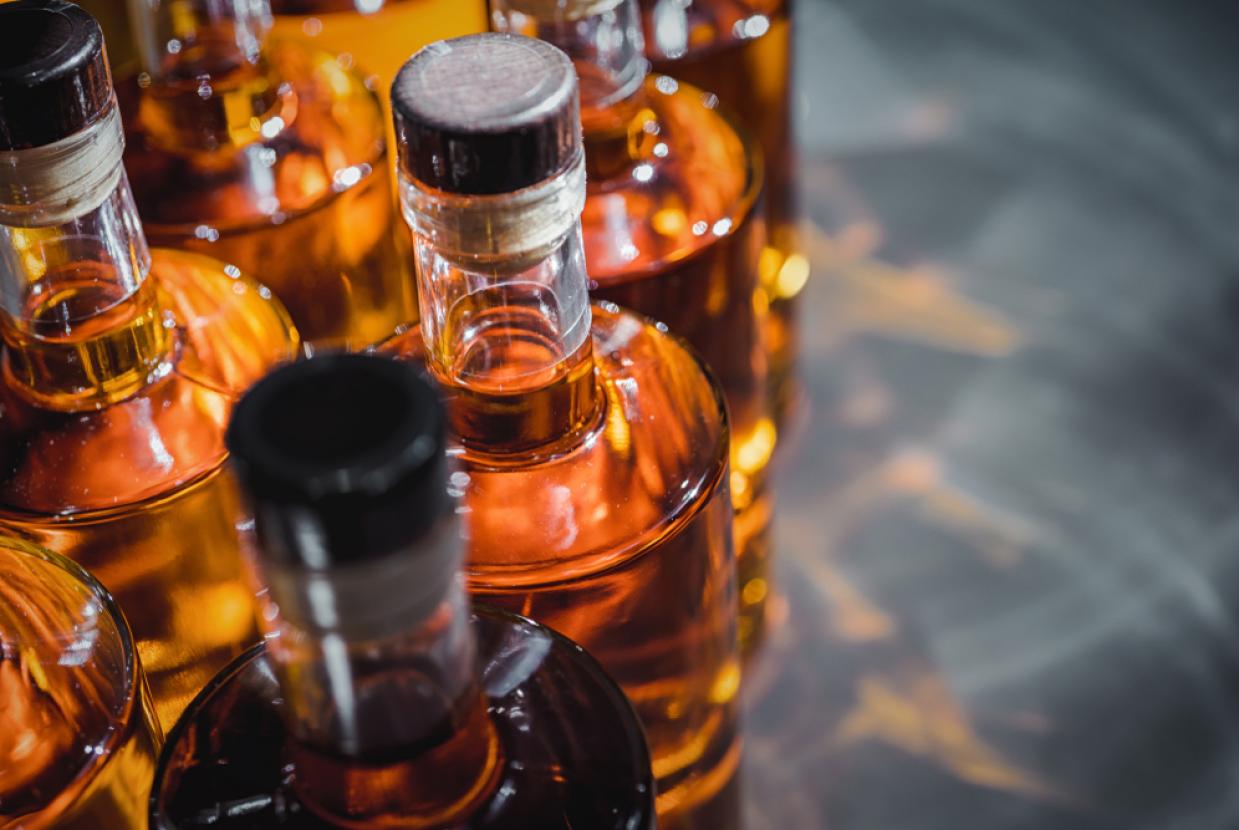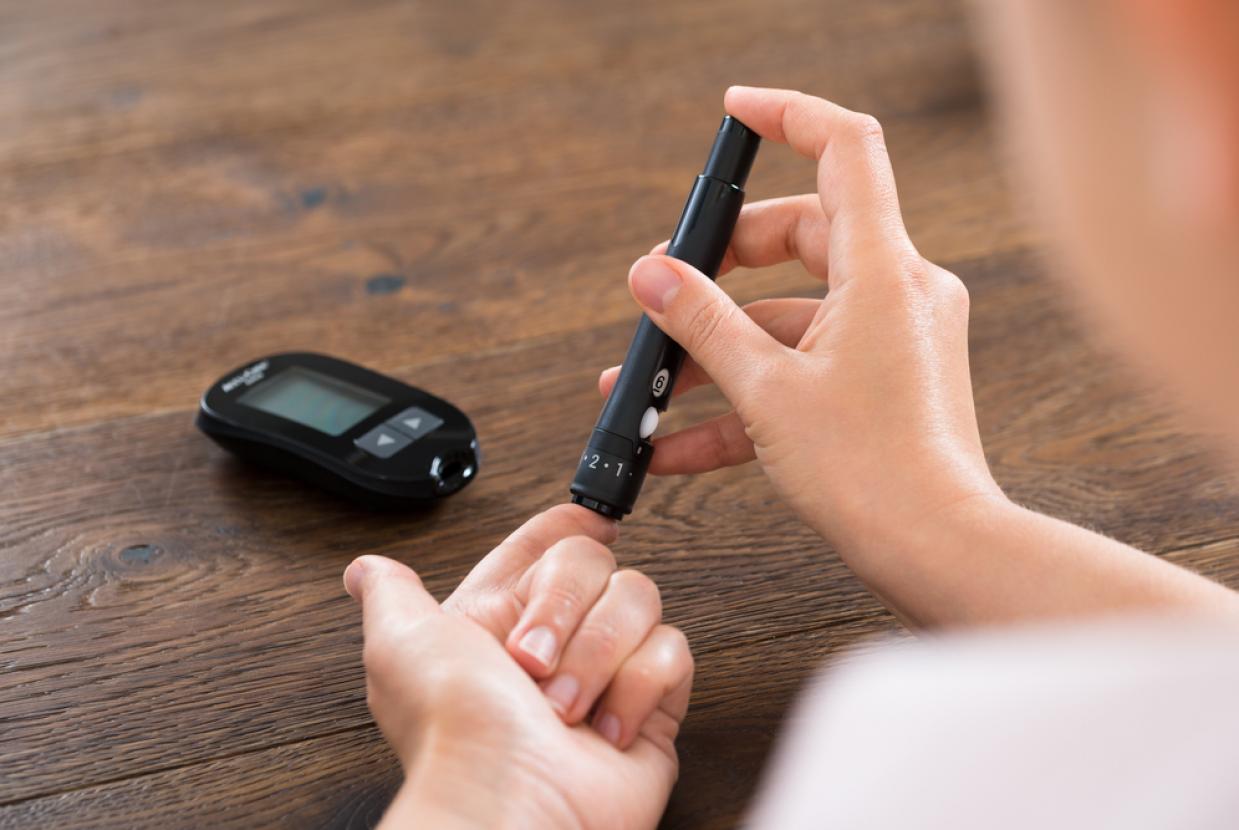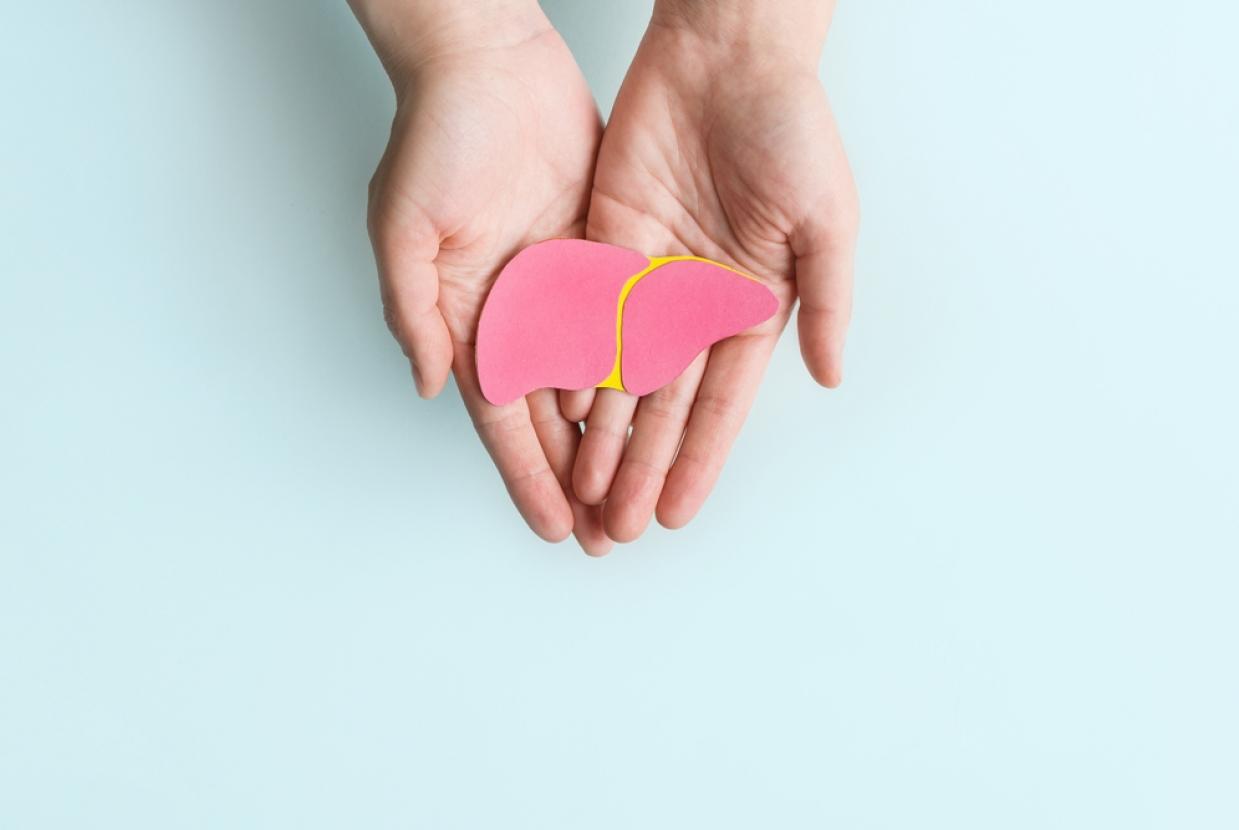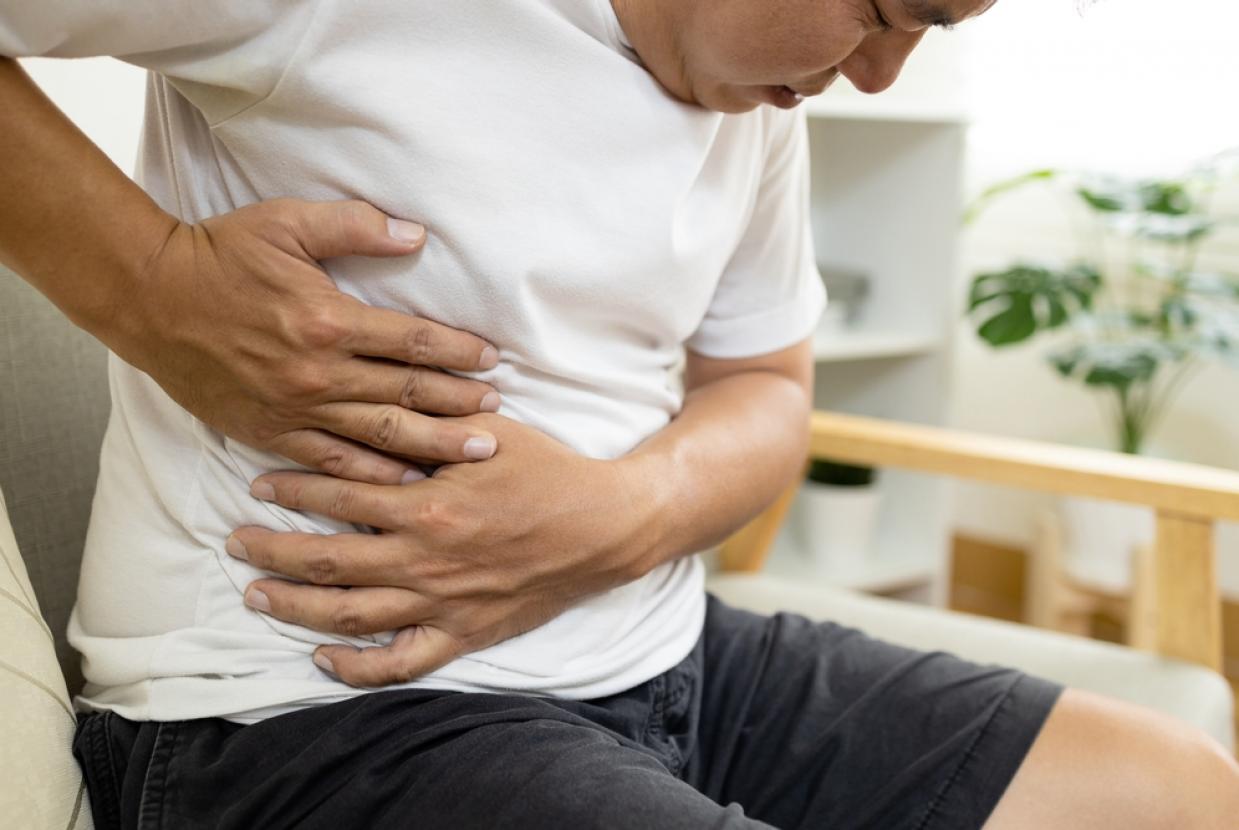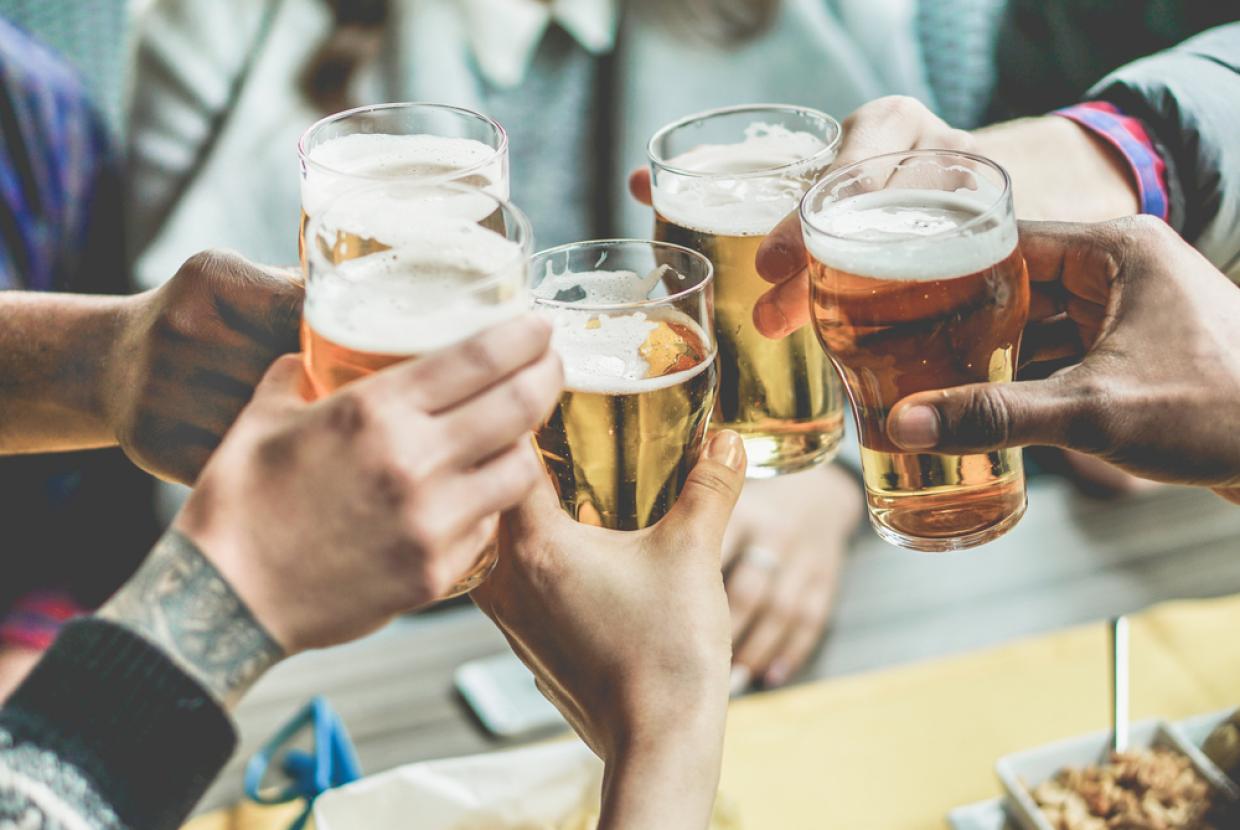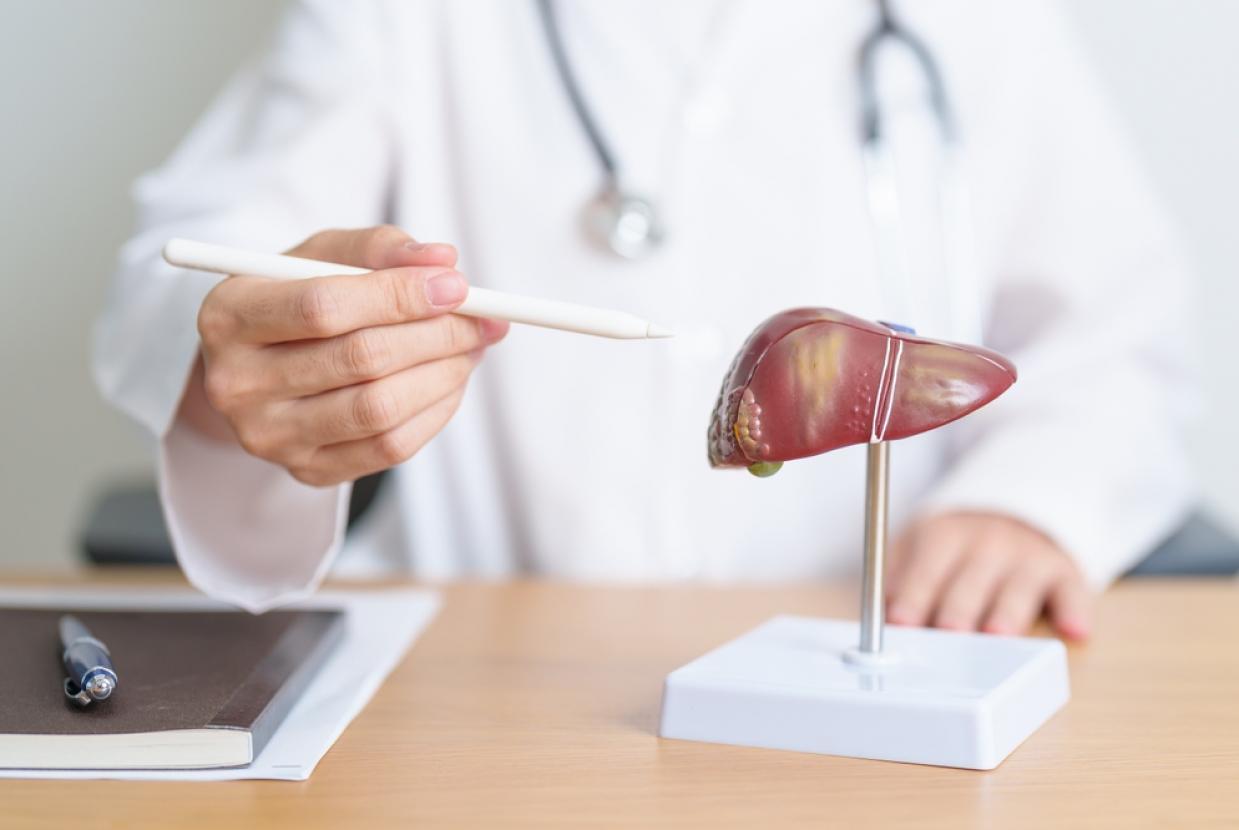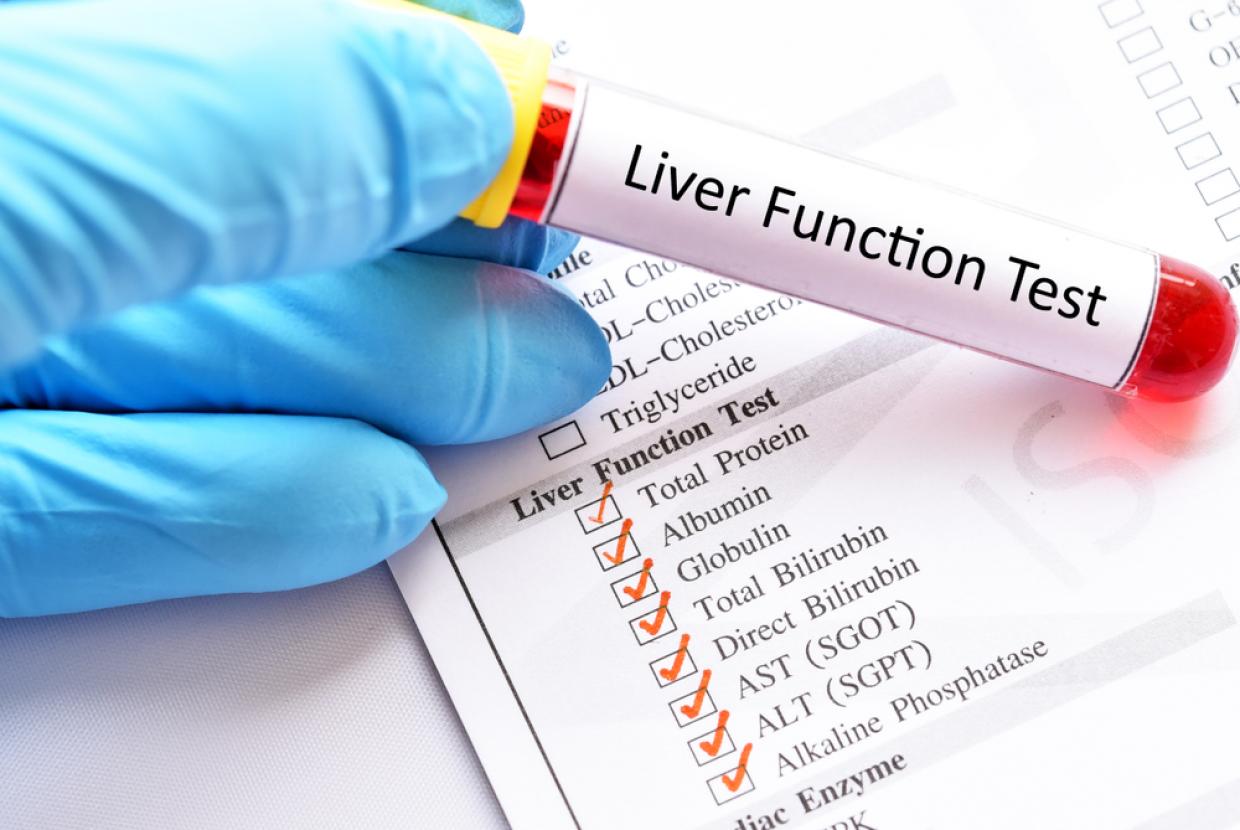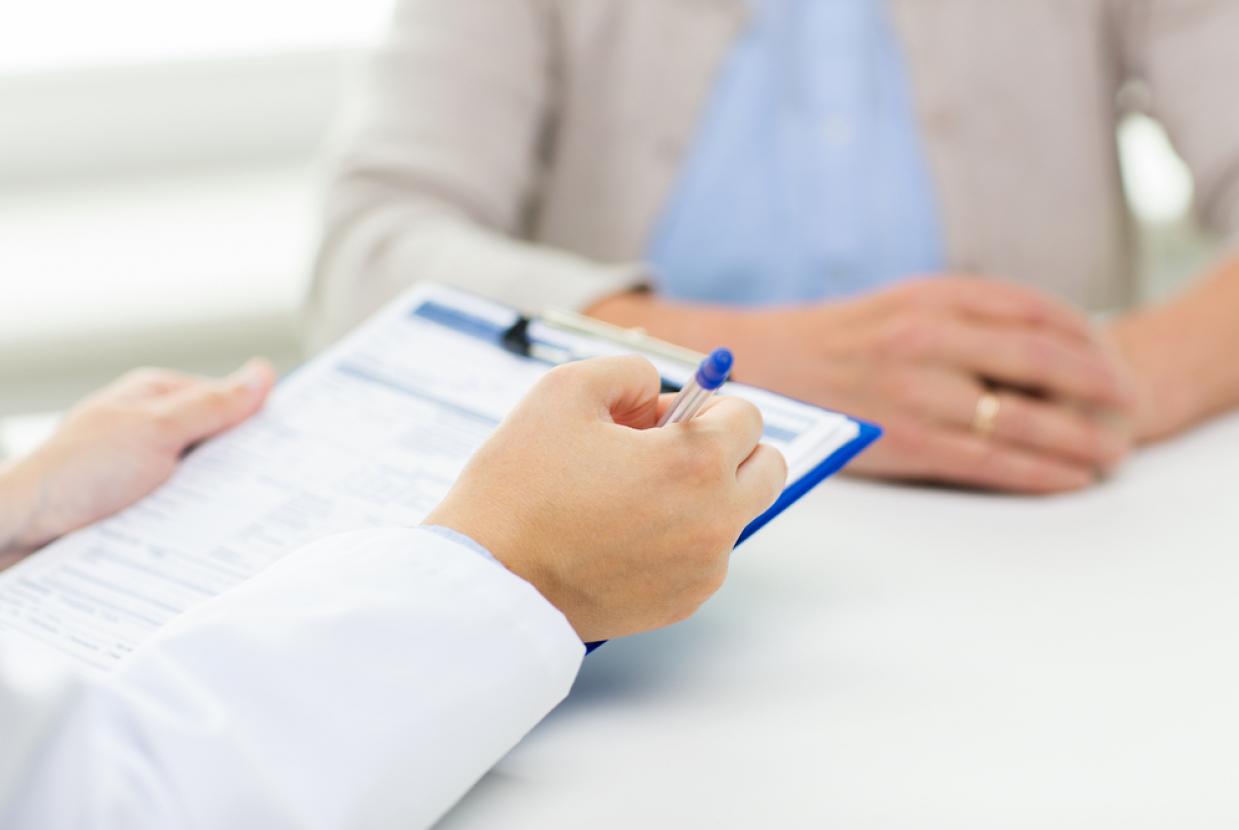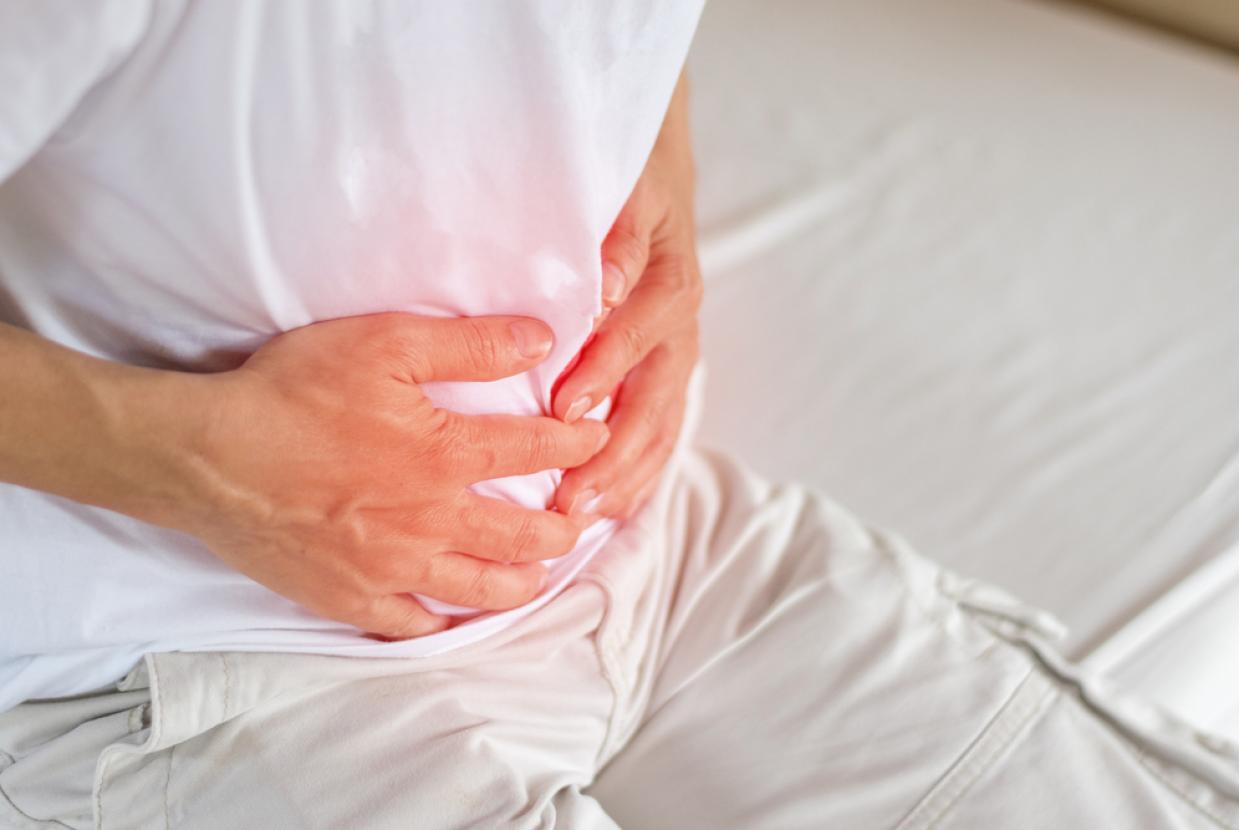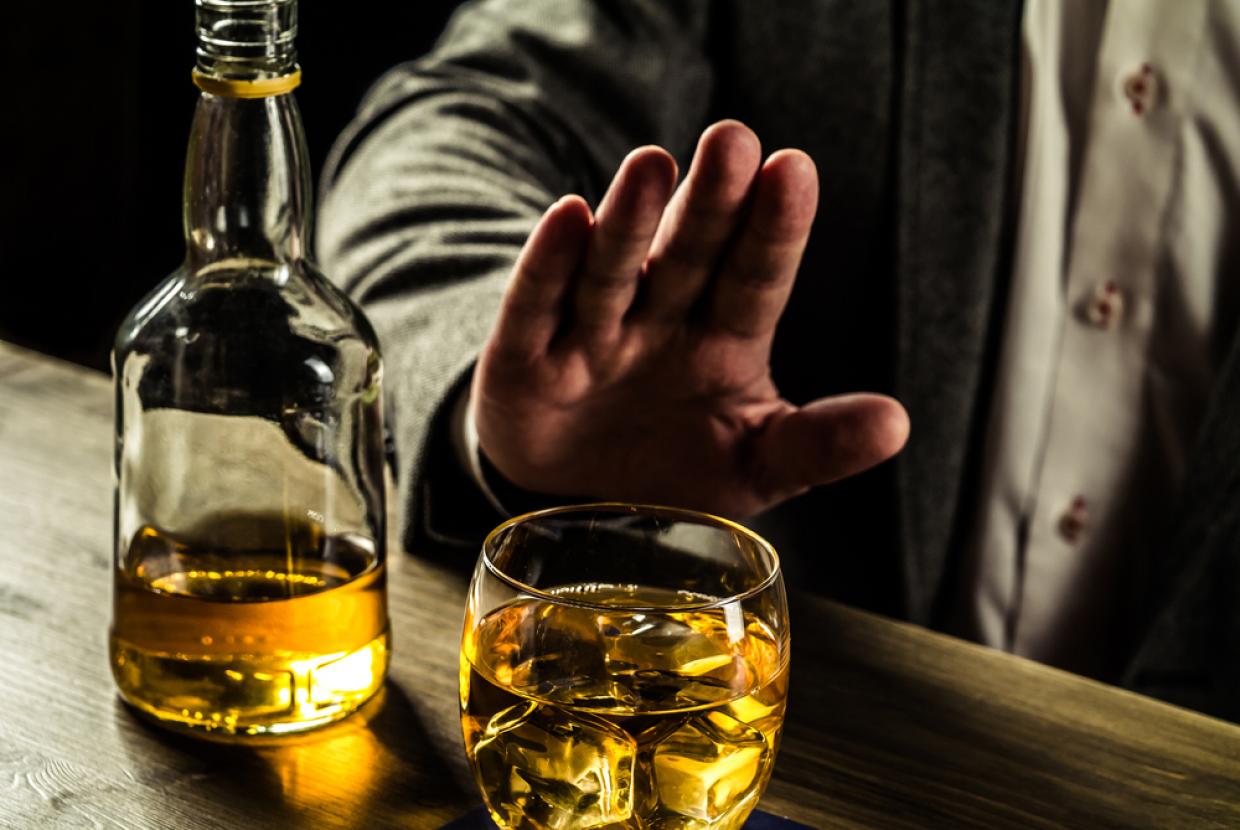Alcohol, Crime & Disorder
Alcohol is implicated in an enormous amount of crime and disorder, and the effects on victims can be devastating.
It is a factor in around 39% of all violent crimes in England and 49% in Wales, as well as contributing to public disorder and anti-social behaviour in communities across the country. Furthermore, there is an enormous amount of hidden harm associated with alcohol – through its role in exacerbating domestic and intimate partner violence, child neglect and the abuse of vulnerable individuals.
Alcohol and violence
The relationship between alcohol and violence is complex. Drinking does not inevitably lead to violent behaviour, and most episodes of drunkenness pass without any violence. However, by lowering inhibitions and impairing judgement alcohol can increase both aggression and the willingness to take risks. The science on this issue is complex, but we know from experience that drunkenness can trigger violent behaviour in a wide range of contexts.
The police have a difficult job to do in this regard. Since the relaxation of licensing laws in 2005, for example, drunken violence in town and city centres has tended to be pushed later into the night – although the overall levels of violence have not increased significantly. As police forces face cuts, dealing with pockets of disorder long into the early hours is a drain on resources. To some degree this has been addressed by an increasingly reliance on private security (such as door staff) and voluntary support (such as Street Pastors) to plug the gap.
The alcohol industry claims to be tackling these problems through voluntary schemes such as Best Bar None, Pubwatch and the Purple Flag initiative. There is anecdotal evidence that such schemes can work, but a severe lack of robust and independent evaluation (one exception being the ‘Drink less, enjoy more’ initiative in Liverpool, which has shown positive results). We believe such schemes, if they are to be promoted as good practice, should be held to the standards of evaluation appropriate to interventions in such an important area of public safety.
Alcohol and intimate partner violence
The link between alcohol and IPV is very well established in international research. It also appears as a factor in a very large proportion of domestic homicide reviews. However, the nature of the relationship is complex. As with all violence, we need to be careful to avoid using alcohol as an excuse or simple explanation of behaviour for which perpetrators should accept responsibility. Research has shown that alcohol can not only trigger conflict, but can be used to ‘explain away’ violent behaviour – either by perpetrators saying they were drunk, so not in control, or that they were triggered by their partner’s drunkenness.
There is no simple solution to this issue, but it is essential that the role of alcohol in interpersonal conflict is recognised and acted upon by agencies and services working in domestic violence. Services need to work together to intervene where alcohol is an issue, be able to identify where alcohol is a factor in domestic abuse, and understand the interventions that may help reduce the risk of harm. This requires focused, multiagency working, clear guidance and effective training for practitioners. Otherwise, there is the danger that key opportunities are missed.



